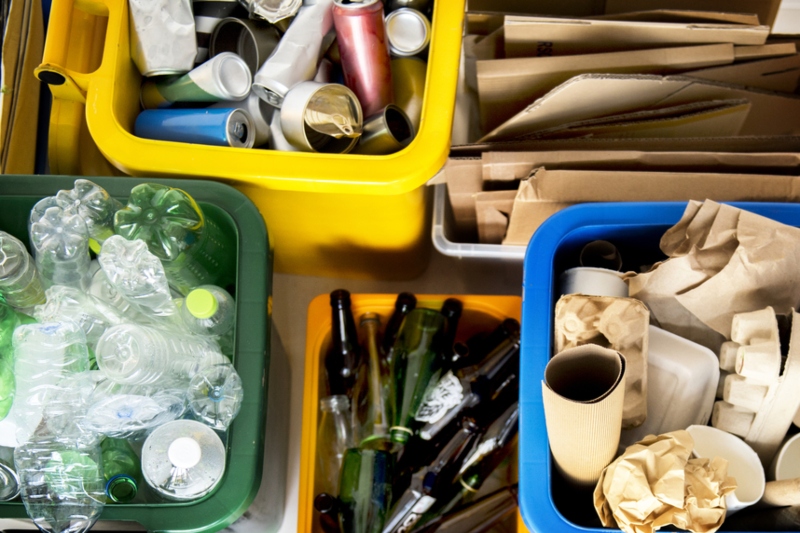The recycling rates in Mid Devon have increased in the first three months since new three-weekly waste collections were introduced, the district council has reported.


Latest figures show that the recycling rate for the district has risen to 56.56%, compared to 52.02% during the same period in 2021/22.
The major contributor to the change has been food waste. More food waste has been stored correctly in food caddies instead of with non-recyclable waste meaning the amount of food waste collected has increased by 6.81%.
The amount of household non-recyclable waste has also decreased by 14.46% meaning the total waste the council collects has decreased.
Simon Bruford, waste and transport manager, said: ‘We know recycling rates can vary month to month, but seeing an improvement in rates since the start of Bin-It 123 is a positive indicator for the new service.
‘While there was scepticism when the change was first announced, many residents have quietly got on with making the scheme work and found ways to cut the amount of waste they throw away.’
Matthew Page, corporate manager for People, Governance and Waste, said: ‘Residents can help further reduce Mid Devon’s carbon footprint by placing recycling into the appropriate containers, which keeps the district tidy and helps crews carry out collections.’